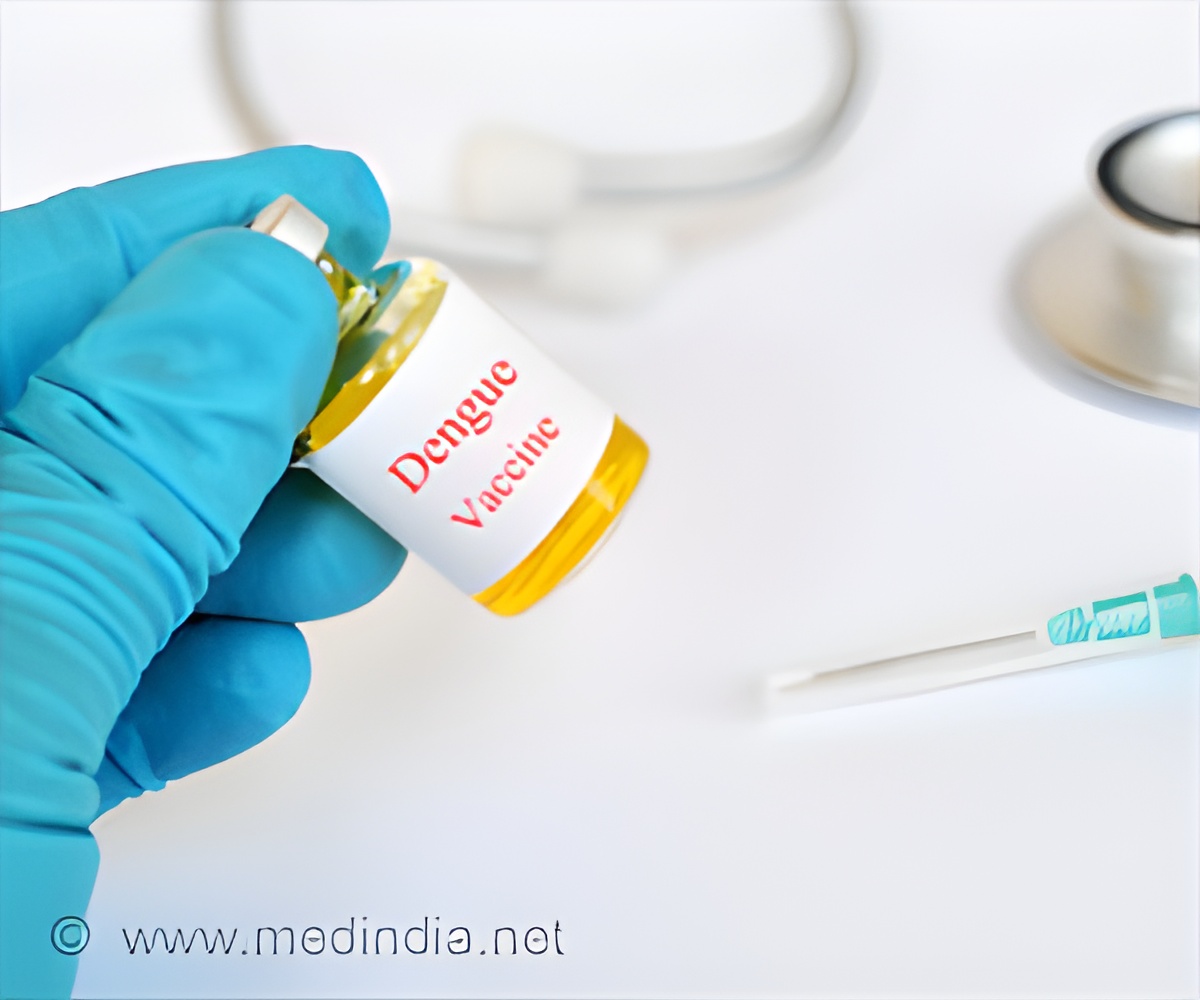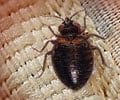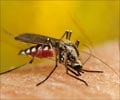Uttar Pradesh, Punjab and Rajasthan recorded 29750, 23389 and 20749 dengue cases respectively during 2021. Delhi also recorded a higher number of dengue cases.

‘This year, a considerable number of dengue cases have been reported from Delhi and many cities of Uttar Pradesh. As per reports, UP has so far registered over 2,200 dengue cases, with the state capital Lucknow reporting over 300 cases. Similarly, Delhi has also recorded nearly 1000 cases.’





Moreover, states like Uttar Pradesh, Punjab and Rajasthan witnessed the maximum number of cases of dengue during 2021 among all the states. Government data revealed that 2020 had witnessed a remarkably lower number of 44,585 cases probably due to the Covid related restrictions in most parts of India as against 1.57 lakh cases in 2019.
Dengue in India
Government data showed that 346 deaths were reported across the country due to dengue in 2021 as against 56 deaths in 2020 and 166 deaths in 2019.The central government intervenes whenever there is a sudden rise in dengue cases. Reports said that a six-member team has been sent to Uttar Pradesh very recently by the Union Health Ministry to collaborate with the state authorities in taking public health measures for dengue management in the districts of Firozabad, Agra and Etawah.
The National Centre for Vector Borne Diseases Control (NCVBDC) is the nodal agency under the umbrella of the National Health Mission for Vector Borne Diseases (including dengue) prevention and control in the country.
The NCVBDC has issued multiple advisories to the States/UTs for detection and control of outbreaks, preparedness and capacity building to take effective measures for vector control, involvement of the non-health sector, ensuring availability of drugs, diagnostics, insecticides, equipment and to fill up the vacant positions of entomologists. Moreover, training has been imparted to doctors on case management and to entomologists on integrated vector control at the central and state level.
Advertisement
Source-IANS









